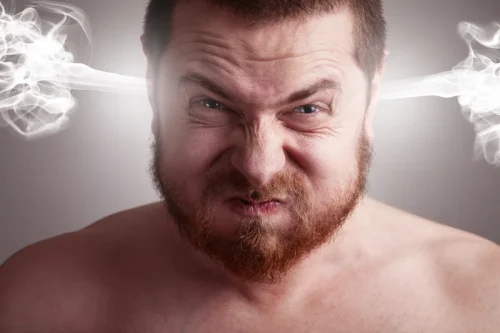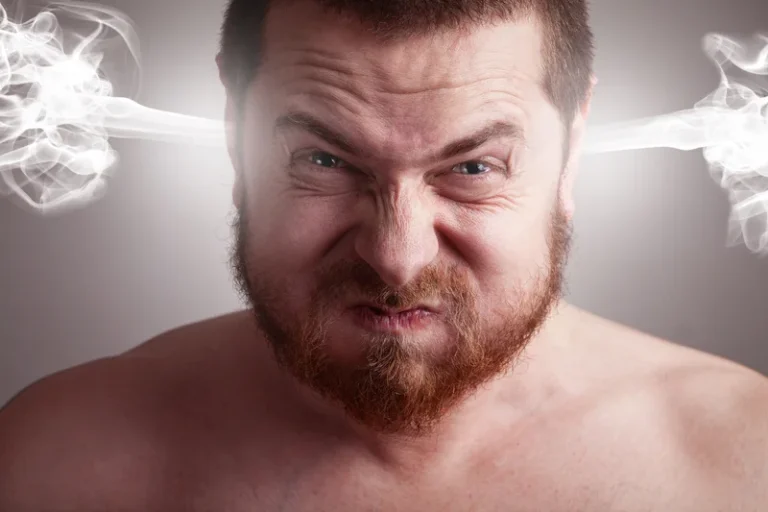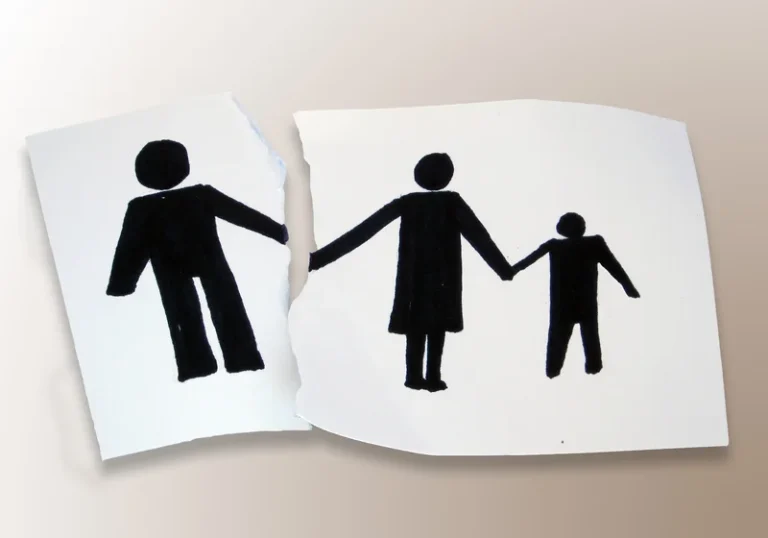
This characteristic is inconsistent with the medical model, which implies that alcoholism is either present or absent—as is the alcoholism case, for example, with pregnancy or a brain tumour. For such reasons, the sociological definition regards alcoholism as merely one symptom of social deviance and believes its diagnosis often lies in the eyes and value system of the beholder. For example, periodic intoxication can cause sickness necessitating days of absence from work.
- However, how you cope with these feelings can impact certain behavioral traits.
- This is significantly higher than the 45% of people who drink alcohol and have an annual household income of less than $30,000.
- The National Survey on Drug Use and Health states about 180 million people aged 12 or older reported past-year drinking in 2018.
- You might not recognize how much you drink or how many problems in your life are related to alcohol use.
Diagnosis

Usually, a diagnosis of alcohol use disorder does not involve a diagnostic test. However, your doctor may also use a questionnaire to help diagnose your condition. Research shows that the risk for AUD increases when the brain is exposed to alcohol while developing.5 This is a cause for concern when brain development can last into the mid-twenties. It can have long-lasting effects on neurotransmitters in the brain, decreasing their effectiveness. The two manuals use similar but not identical nomenclature to classify alcohol problems. Alcoholics Anonymous is a decades-old treatment, but one that research shows is effective.
Signs and symptoms
Dopamine is the neurotransmitter activated by rewarding activities as a way of increasing the likelihood of engaging in such activities in the future. Having a relationship, getting a promotion, doing something creative—those are normal ways of stimulating the reward system. Illicit drug use https://ecosoberhouse.com/ short-circuits that process and directly boosts dopamine levels. Around the world and in the U.S., nicotine is the most widely used addictive substance; tobacco causes a reported 40 million deaths worldwide. Take our short (it takes less than 5 minutes) questionnaire based on the DSM-5 criteria to assess the severity of your alcohol use.
- Excessive alcohol consumption costs the United States more than $220 billion each year which combines lost productivity, health care costs, criminal justice costs and other effects.
- It can involve withdrawal symptoms, disruption of daily tasks, discord in relationships, and risky decisions that place oneself or others in danger.
- Loved ones can provide immeasurable support, but they almost take care of themselves throughout an often difficult journey.
- People assigned female at birth (AFAB) should limit drinking to one drink a day.
Treatment / Management

Additionally, past studies have shown caffeine and its by-products can cross the placenta. The fetus does not have the necessary enzymes to clear them, and so it was thought that caffeine metabolites may impact the developing baby. There is some evidence that natural variation in genetic makeup of the dopamine system may influence who gets addicted.


Non-abstinence-based recovery models—such as Moderation Management—advocate for reducing one’s alcohol consumption rather than abstaining completely. There are many risk factors involved in the potential for developing alcoholism. Alcoholism risk factors do not mean you will develop a drinking problem; however, they should serve as a prevention measure. If you have one or more risk factors, speak with a medical health professional about alcoholism warning signs and prevention resources. Another environmental factor, income, can also play a role in the amount of alcohol a person consumes.